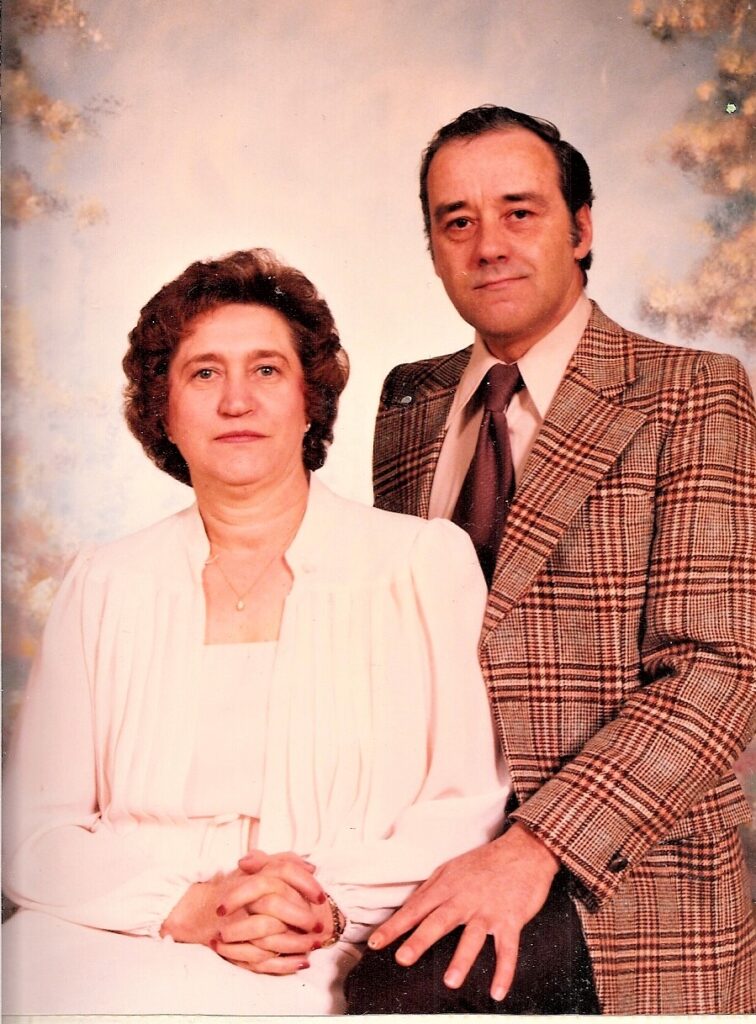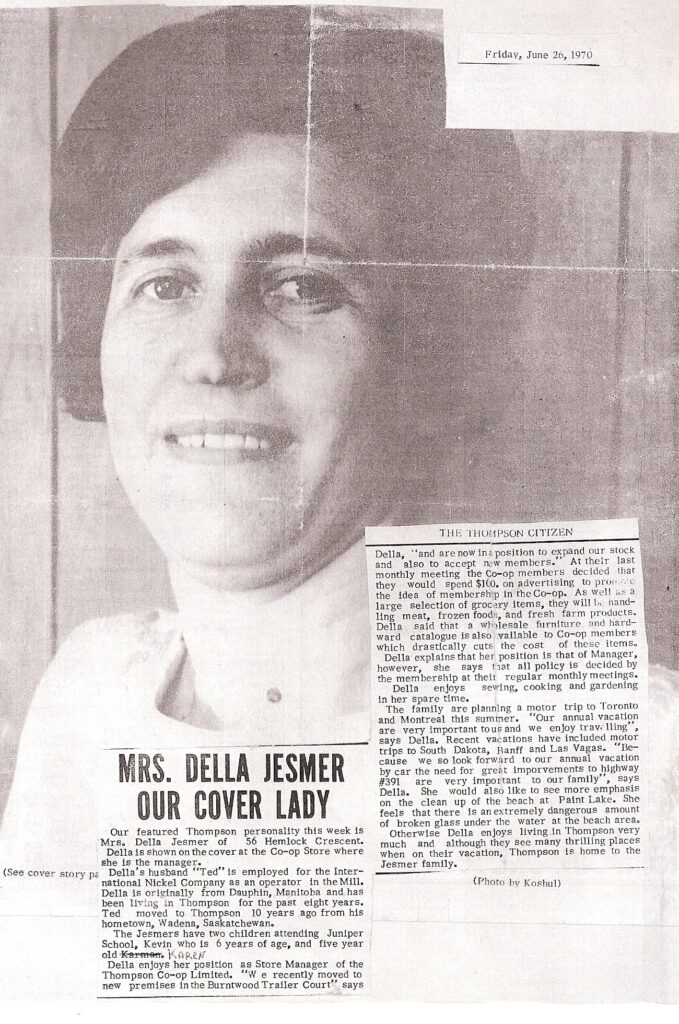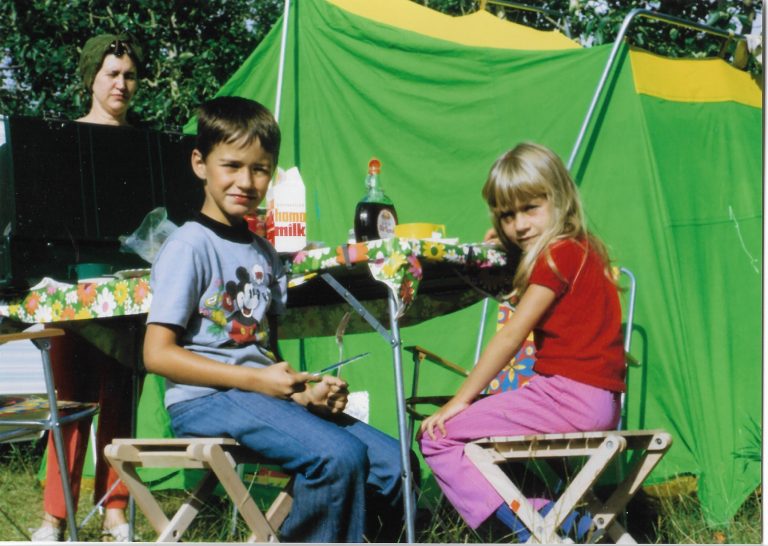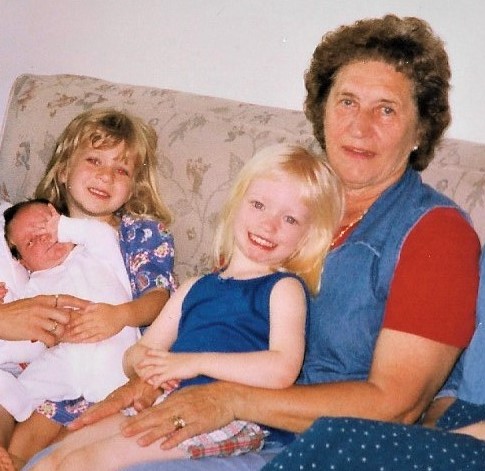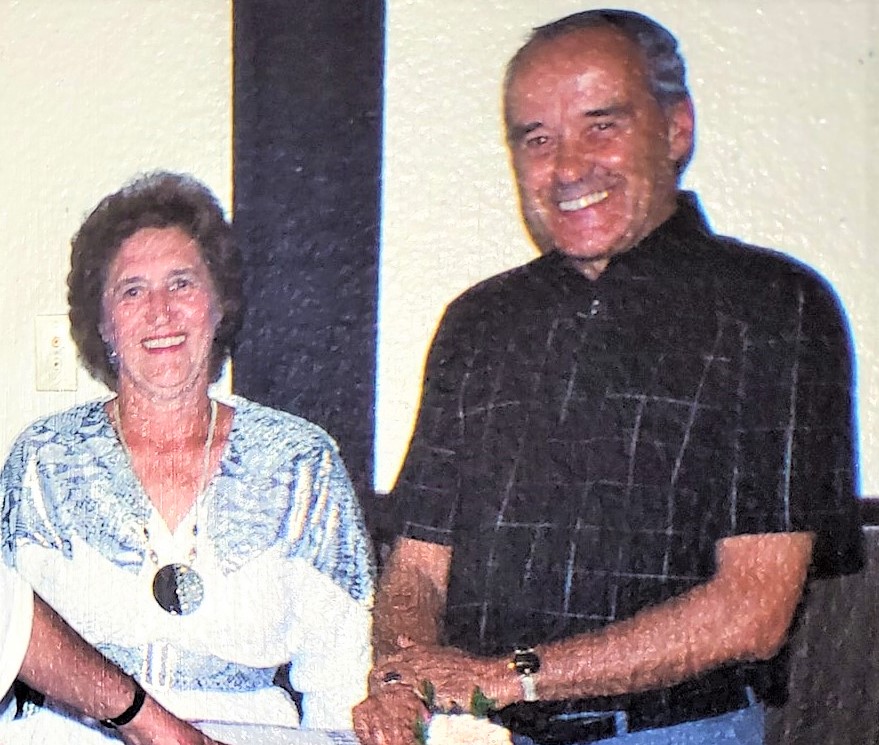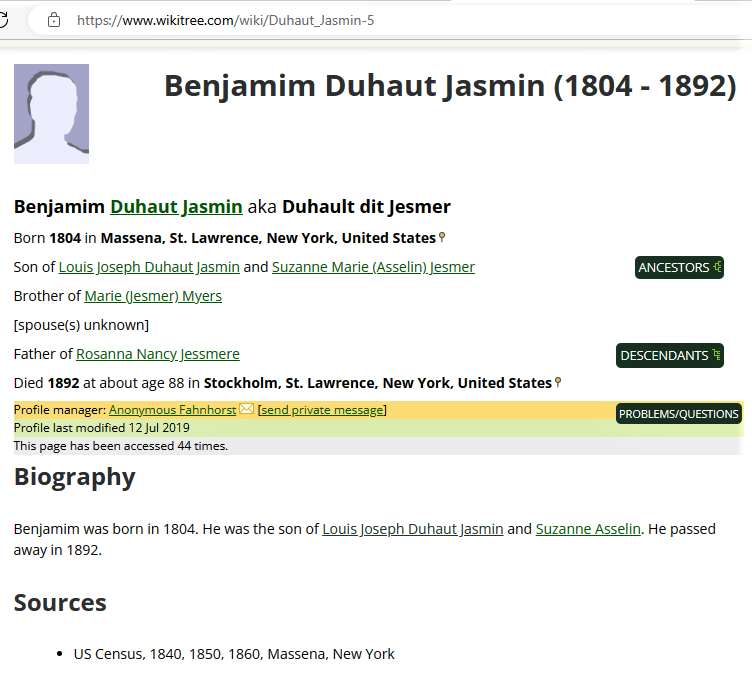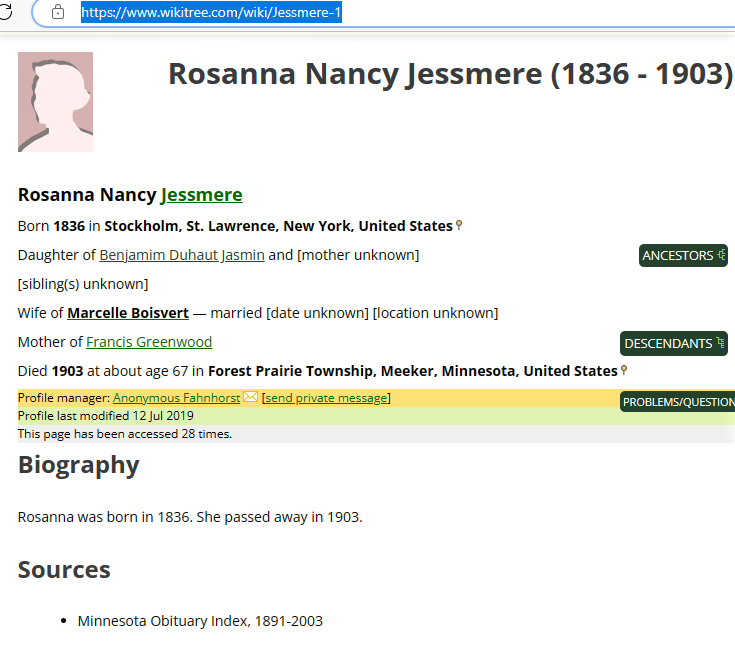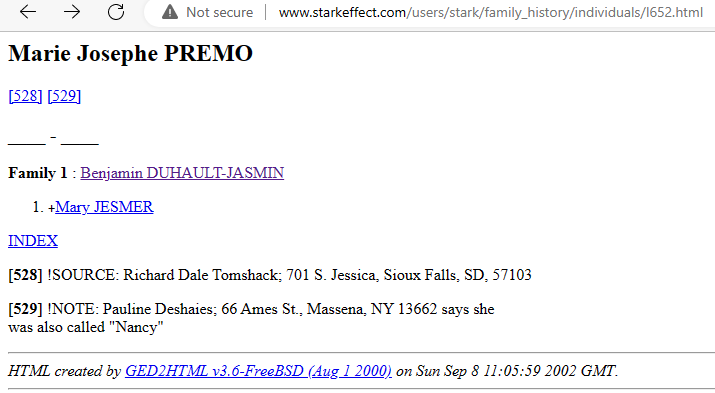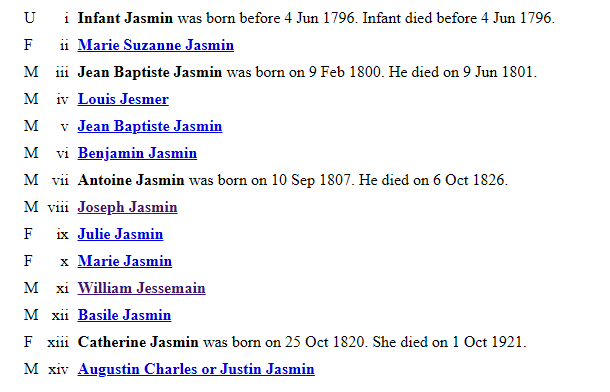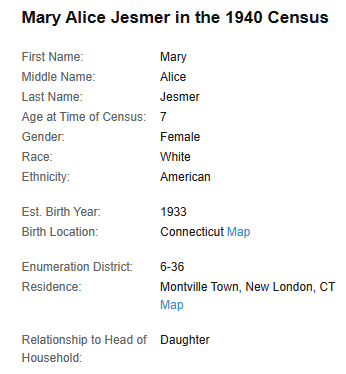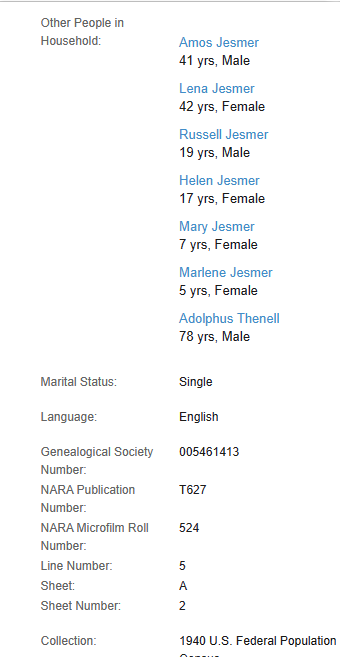Victory Over Death Through Our Lord Jesus Christ
1 Corinthians 15:50-58 Kevin E. Jesmer
Key Verse: 15:57 3-19-24
” But thanks be to God, who gives us the victory through our Lord Jesus Christ. “ (ESV)
Dear Lord Heavenly Father, thank you for your love, truth, and grace in my life. You are the rock on which I stand. You are the Light of the world and the Light of my life. I place my trust in you. Thank you for teaching us that there is much more than just life in this world. Life is so short. A fifty-five-year-old man died of a heart attack. Another person has lost their mind due to early-onset Alzheimer’s disease. Why hope for life in this world? You have shown us about the glorious resurrection of believers through your own suffering, death, and resurrection. Though our bodies fade away, you promised to come and resurrect us and take us to be with you in heaven in our bodily resurrection. Thank you, Jesus. Please help me gain more insight into our victory over death you have given us. I pray in Jesus’ name. Amen.
Part 1: Flesh and Blood Cannot Inherit The Kingdom of God (50-53)
Paul moves on to inform us that death has been swallowed up in victory. Verses 50-53 reads, “50 I tell you this, brothers: flesh and blood cannot inherit the kingdom of God, nor does the perishable inherit the imperishable. 51 Behold! I tell you a mystery. We shall not all sleep, but we shall all be changed, 52 in a moment, in the twinkling of an eye, at the last trumpet. For the trumpet will sound, and the dead will be raised imperishable, and we shall be changed. 53 For this perishable body must put on the imperishable, and this mortal body must put on immortality.”
There is an important fact about the resurrection. Look at verse 50. Flesh and blood cannot inherit the kingdom of God. That means that our present bodily form, with its earthly appetites and weaknesses, cannot go to heaven to be with Christ. Life in heaven is incompatible with our physical bodies. The Kingdom of God is in the spiritual realm. It is a holy place, where sin cannot dwell, for it is God’s dwelling place. No elements of death can dwell their either. Because of these, we, who belong to Jesus, must be fundamentally changed. While living in his world we are changed inwardly. Our hearts and minds are transformed by the power of the Gospel. But at the time of the resurrection, we will exchange our perishable bodies for imperishable, glorious ones, and we will reign with Jesus forever. How foolish it is to put one’s hope in the world or in the flesh!
These bodies that we presently have are meant to live only in this world. They are a feat of engineering for certain, but they were never meant to live forever. God made it so, that we can live maybe 50 to 100 years to love, serve others, experience God and his world and draw near to God through Christ. The maximum number of years is set at 120 years (Gen 6:3). Then one day, our bodies become very weak and we pass away. As a nurse, I am surprised how weak people become. Even turning in bed, standing, or going to the bathroom is a chore for many. People’s minds become feeble. They are practically living on meds. Some are on several sedating and calming meds so that they can sleep for six hours. This goes on for a couple decades and then they die. That is just the way it is. Our bodies are made of the dust of the earth. It was never meant to be different. The great news is that the weakening of the body and death is the prerequisite to the glorious resurrection. We should not be sad or regretful. Rather, we need to rejoice about the upcoming resurrection for all those who are in Christ.
As we wait for this resurrection to occur, we are called to be patient. Waiting could mean decades. But there are many people who think this is too long and they abuse God’s long-suffering patience, saying, “Where is God’s judgment?… Let’s eat and drink, for tomorrow we die.” (1 Cor 15:32). But we Christians are called to live a holy life, eagerly waiting for the Second Coming of Jesus Christ. We can wait because we have a secret in our hearts. The secret we Christians hold onto with joy is the sure fact of Jesus’ coming again. Jesus tells us so in the Bible. Jesus arose from the dead giving us a true and living hope. The empty tomb is the proof. Changed lives and God’s work around the world are evidence of a risen Savior. Every time we take communion, we declare the Lord’s death until he comes. The wine represents the covenant made in his blood. It declares that Jesus will help keep us in his love and come to take us home to be him forever. It does not depend on our feeble efforts, but totally on God’s grace. That is our blessed assurance.
We don’t know when Jesus will come again. When Jesus came first to this world, he came as the Good Shepherd and Savior. He became a friend to everybody, including lepers, all sorts of “sinners”. He healed the sick and preached the good news of the Kingdom of God. Jesus is so beautiful. But when he comes again, he will not come as a shepherd and friend. He will come as the Judge of the living and the dead. Jesus will come again suddenly, with a trumpet blast. He will complete his victory, establish his perfect kingdom and reign forever and ever. And there we will be right next to him after the resurrection. I will be shaking my head and rubbing my tear-filled eyes, asking myself, “How did I ever make it here?” It is all because my Lord and Savior Jesus made it so. Amen.
Paul elaborates further on the ultimate victory we have in Jesus. Let us read verses 51-52 again, “Behold! I tell you a mystery. We shall not all sleep, but we shall all be changed, 52 in a moment, in the twinkling of an eye, at the last trumpet. For the trumpet will sound, and the dead will be raised imperishable, and we shall be changed.” Here, the trumpet sound signals the Second Coming. It might sound like the tornado warning sirens we have in our town, but way louder. It could sound like a clap of thunder in a thunder storm, but more majestic. At that time Jesus will come again as King of Kings and Lord of Lords. Jesus, “… himself will come down from heaven, with a loud command, with the voice of the archangel and with the trumpet call of God, and the dead in Christ will rise first. 17After that, we who are still alive and are left will be caught up together with them in the clouds to meet the Lord in the air.” (NIV; 1 Thess 4:16-17)We will be instantly changed and dwell with our beloved Lord Jesus forever. But the last day is a day of judgment for the enemies of God. Yet it is a day of victorious salvation for all who are in Christ!
Faith in the resurrection has a whole host of benefits for us who wait for Jesus. We are prone to suffer because of the elements of death, like fear, despair, sorrow, and fatalism. These bring us anxiety and depression. The fact that our bodies are breaking down magnifies the agonies we feel. These elements have a tenacious hold on us causing stinging pain. By God’s grace, Jesus may heal us and rid us of many pains. But he may not. He will definitely grant us strength to carry on until the time of the resurrection. I had growing pain in my right hip and leg for seven years. My hip was full of arthritis. I grew a lot through those years. But 15 months ago, Jesus said, “Kevin, you have suffered enough.” Jesus graciously allowed me to have a very successful hip replacement. But still physical degradation is occurring. Yet I take rest knowing that on that great day, the day of Jesus’ Second Coming, the power of death will be completely destroyed. When Jesus comes again the elements of death no longer have any hold. In a flash, in the twinkling of an eye, I will have a brand-new resurrection body and eternal life with Jesus. How glorious is our hope of salvation and our hope to be fully restored in the image of Jesus! With this glorious hope of heaven in our hearts, we can live every day as holy children of God.
Part 2: Enemies of God Will Be Completely Destroyed (54-57)
Paul tells of the utter victory that Christians will experience. Look at verses 54-57. “54 When the perishable puts on the imperishable, and the mortal puts on immortality, then shall come to pass the saying that is written: ‘Death is swallowed up in victory.’ 55 ‘O death, where is your victory? O death, where is your sting?’ 56 The sting of death is sin, and the power of sin is the law. 57 But thanks be to God, who gives us the victory through our Lord Jesus Christ.”
At the time of the Second Coming there will be the bodily resurrection of all people. The coming of Christ means joy and salvation to believers. But the time of his second coming is the time of condemnation for the enemies of our God. Those who thought that there is no God and that death is the end of everything, will find that they were absolutely wrong. They will be resurrected to be judged according to what they had done. On the other hand, Jesus’ people will all be resurrected while being changed to be like Jesus. They will inherit the kingdom of God and live forever with the Risen Christ in perfect peace and love.
The authorities crucified Jesus and thought they would see him no more. But they will see his coming with their own eyes, for they too will be resurrected, but to face judgement. They were the ones who persecuted God’s people without mercy. But they will not be able to persecute them anymore, because they will be condemned and thrown into the lake of eternal destruction. Finally, the last enemy, sin, death, and finally the devil are destroyed.
But God’s people, who may have been plagued by elements of death, will be harassed no more. Sometimes we are discouraged because of our own failures and sins. Most of us live in mild anxiety and depression. But know this Christian! There is no defeat in Jesus. We may lose a few battles here and there, but the war is already won. God gives us victory in the Risen Jesus.
And so, Paul testified to the fact that this power of death had been rendered helpless. More than that, death will be swallowed up in victory, completely defeated forever more. Knowing this caused Paul to shout, “Where, O death, is your victory? Where, O death, is your sting?” We all want the mantra of our lives to be a victory shout. I have seen high school acapella choirs cry out and jump up and down, hugging each other in tears, when they won a competition. They are experiencing exceeding joy. But that joy does not even compare to the joy that Jesus’ Gospel brings. Only in Jesus, who destroyed the power of death, through his resurrection, can give us the victory shout that our hearts long for. Look at verse 57. “But thanks be to God! He gives us the victory through our Lord Jesus Christ.” May this be the mantra of your life.
Part 3: Therefore, Let Nothing Move You (58)
Knowing that we will be partakers of the resurrection, how must we live? Paul gives believers some practical direction. Look at verse 58 again, “Therefore, my beloved brothers, be steadfast, immovable, always abounding in the work of the Lord, knowing that in the Lord your labor is not in vain.”
In this world, we can easily forget the gospel in our quest for lesser things. Our hearts are swayed by alluring philosophies. We worry about not having enough money to retire and are tempted to focus only on investing. We worry about being left alone to fend for ourselves in our old age. Our minds dwell on these things rather than on Christ and his kingdom. We are tempted to have one foot in Jesus and one foot in the world. But know this fact…this world and its desires will all pass away! Only the word of the Lord remains forever. Only believers in their resurrection bodies will live forever in the Kingdom of God with Christ. (1 Peter 1:3-4) Only the fruit of our labor in the Lord lasts forever.
Paul strongly encourages Christians to work hard for the Risen Christ, for only work done in the Lord is not in vain. One who is convinced that their labor in the Lord is not in vain is the one who has faith in Christ. By God’s grace we can stand firm in our gospel centered faith and let nothing move and giving our hearts all the more to the work of the Lord. The Risen Christ will reward believers 1000 times over and more, for whatever they do for him. (Mark 4:20) Someday we will be clothed in the imperishable, immortal image of the Risen Christ. We will receive the kingdom of heaven as our inheritance.
May God help each of you to decide to seek after the glory of the resurrection as of first importance. (Matt 6:33). May you taste the glory of the resurrection even now as you live for Jesus’ glory here on earth. And one glorious day…may you be enclothed in your brand new, resurrection body and meet Jesus and dwell with him forever more in the Kingdom of God. May the mantra of your lives be a victory shout through your resurrection faith in Christ.
Prayer: “Lord Jesus, thank you for making me a Christian and keeping me in your love. Strengthen me in resurrection faith. May my victory shout in life be of the victory you brought us through the resurrection. Help me to give myself fully to the work of the Lord.”
One Word: Jesus gives absolute victory over death.





